The sacraments (52): Not only here, but also in the beyond!

- 0.5
- 0.6
- 0.7
- 0.8
- 0.9
- 1
- 1.1
- 1.2
- 1.3
- 1.5
- 2
- English
- French
- German
- Spanish
The dead are not truly dead—at least not for God. For God there is no dividing line between life on earth and life in the hereafter. That is what Christians believe, and that is also what the Bible states. Here is an overview of how sacramental acts are dispensed for the dead.
We read in the Apostolicum that Jesus “descended to the dead”. The “harrowing of hell”, which describes Christ’s descent into Hades (Latin descensus Christi ad inferos), occurred for one reason alone, namely to bring the gospel to those who had not been able to believe during their lifetime. A special rite developed from this notion in the early church: “Otherwise, what will they do who are baptised for the dead, if the dead do not rise at all? Why then are they baptised for the dead?” (1 Corinthians 15: 29).
Performed on the living for the benefit of the dead
While this is an exegetically controversial passage, it should not be rejected entirely. Some Bible scholars assume that this was a Gnostic practice, in other words, a sectarian custom. For others, the passage is positive evidence of a practice attested in Corinth, which belongs in the same theological context as the account of Christ’s descent into the realm of the dead. Christians in Corinth practised baptism for the dead, that is, they baptised living individuals on behalf of the dead. The way this vicarious baptism is described theologically is very interesting: the fundamental notion is that of “representation”, whereby the salvific credit is not applied to the person actually receiving the act, but the person on whose behalf the act is performed—much in the same way that prayers of intercession are offered up to this day. The New Apostolic Catechism shares this view.
Visible and invisible
And since the church of Christ has an invisible side, in which this world and the hereafter are interwoven—and in the visibly manifest form of which the activity of the Apostles is of great significance—the Apostles of the New Apostolic Church dispense the sacraments in their full form, that is, even for those in the realms of the departed: “The proper administration of the sacraments is incumbent upon the Apostles. They have been commissioned by Christ to make the sacraments accessible in proper fashion. Although not all sacraments need to be dispensed by the Apostles or commissioned by them, sacraments nevertheless exist in an apostolic relationship” (CNAC 8).
Here and there
Just how closely New Apostolic congregational life reflects the doctrine of the visible church and the invisible church of Christ is attested in CNAC 9.6.3: “Jesus Christ is Lord over the dead and the living. His gospel is equally valid for all. It is the desire of God that all men be saved (1 Timothy 2: 4–6). This means that God’s will to save is universal. Salvation is offered through the proclamation of the word, the forgiveness of sins, and the sacraments. All of these are likewise intended for the departed. For them as for the living, belief in Jesus Christ is indispensable for attaining salvation. Redemption occurs solely through Jesus Christ.” However, and this is a fundamental assumption that applies to all sacraments, sacramental acts can only be performed in the realm of the visible. The dead are thus commemorated in a representative manner, and yet the effect of the sacraments, as essential elements for imparting salvation, is the same for both the living and the dead.
Three times a year
CNAC 12.1.13 describes the liturgical sequence of this practice: “Divine services for the departed take place three times a year, on the first Sunday of March, July, and November respectively. With this in mind, New Apostolic Christians also pray that souls who have died in an unredeemed state may find salvation in Christ.” In divine services for the departed conducted by the Chief Apostle and the District Apostles two ministers receive the sacraments on behalf of the dead. “The sacraments are performed in the same manner as usual. In the other congregations, the departed are commemorated in a special prayer after the celebration of Holy Communion.”
In a nutshell
- The dispensation of the sacraments to the departed is based on God’s universal will to save.
- Along with the rite referenced in 1 Corinthians 15: 29, the descent of Jesus into the realm of the dead in order to preach the gospel there is the theological starting point for the New Apostolic practice.
- In addition to the Apostle ministry and the hope in the imminent return of Christ, the dispensation of the sacraments to the departed is among the unique characteristics of the New Apostolic Church. It is therefore necessary to bring this teaching to expression in a responsible manner.
Photo: Weerapat Wattanapichayakul / fotolia
Article series
The sacraments (52): Not only here, but also in the beyond!

- 0.5
- 0.6
- 0.7
- 0.8
- 0.9
- 1
- 1.1
- 1.2
- 1.3
- 1.5
- 2
- English
- French
- German
- Spanish
The sacraments (66): Here and there in a good dozen articles

- 0.5
- 0.6
- 0.7
- 0.8
- 0.9
- 1
- 1.1
- 1.2
- 1.3
- 1.5
- 2
- English
- French
- German
- Spanish
The sacraments (65): On earth as it is in heaven

- 0.5
- 0.6
- 0.7
- 0.8
- 0.9
- 1
- 1.1
- 1.2
- 1.3
- 1.5
- 2
- English
- French
- German
- Spanish
The sacraments (64): Where the love of God breaks through

- 0.5
- 0.6
- 0.7
- 0.8
- 0.9
- 1
- 1.1
- 1.2
- 1.3
- 1.5
- 2
- English
- French
- German
- Spanish
The sacraments (63): The polar opposite of conjuring the dead

- 0.5
- 0.6
- 0.7
- 0.8
- 0.9
- 1
- 1.1
- 1.2
- 1.3
- 1.5
- 2
- English
- French
- German
- Spanish
The sacraments (62): a powerful act even for the dead
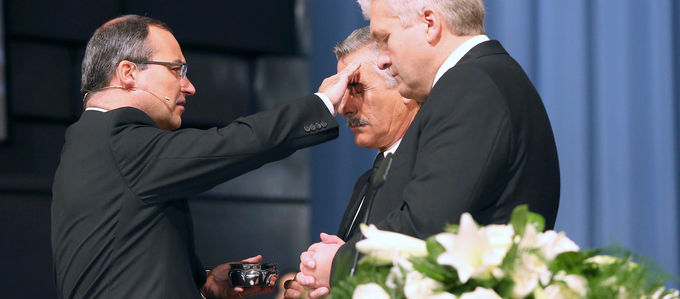
- 0.5
- 0.6
- 0.7
- 0.8
- 0.9
- 1
- 1.1
- 1.2
- 1.3
- 1.5
- 2
- English
- French
- German
- Spanish
The sacraments (61): Three times a year for all

- 0.5
- 0.6
- 0.7
- 0.8
- 0.9
- 1
- 1.1
- 1.2
- 1.3
- 1.5
- 2
- English
- French
- German
- Spanish
The sacraments (60): An order for the beyond

- 0.5
- 0.6
- 0.7
- 0.8
- 0.9
- 1
- 1.1
- 1.2
- 1.3
- 1.5
- 2
- English
- French
- German
- Spanish
The sacraments (59): For the departed under the hands of the Apostles

- 0.5
- 0.6
- 0.7
- 0.8
- 0.9
- 1
- 1.1
- 1.2
- 1.3
- 1.5
- 2
- English
- French
- German
- Spanish
The sacraments (58): Because corpses cannot eat
Other Articles

- 0.5
- 0.6
- 0.7
- 0.8
- 0.9
- 1
- 1.1
- 1.2
- 1.3
- 1.5
- 2
- English
- French
- German
- Spanish
À la découverte de Jésus
Écouter

- 0.5
- 0.6
- 0.7
- 0.8
- 0.9
- 1
- 1.1
- 1.2
- 1.3
- 1.5
- 2
- English
- French
- German
- Spanish
1700 ans du concile de Nicée – Rappel historique
Écouter
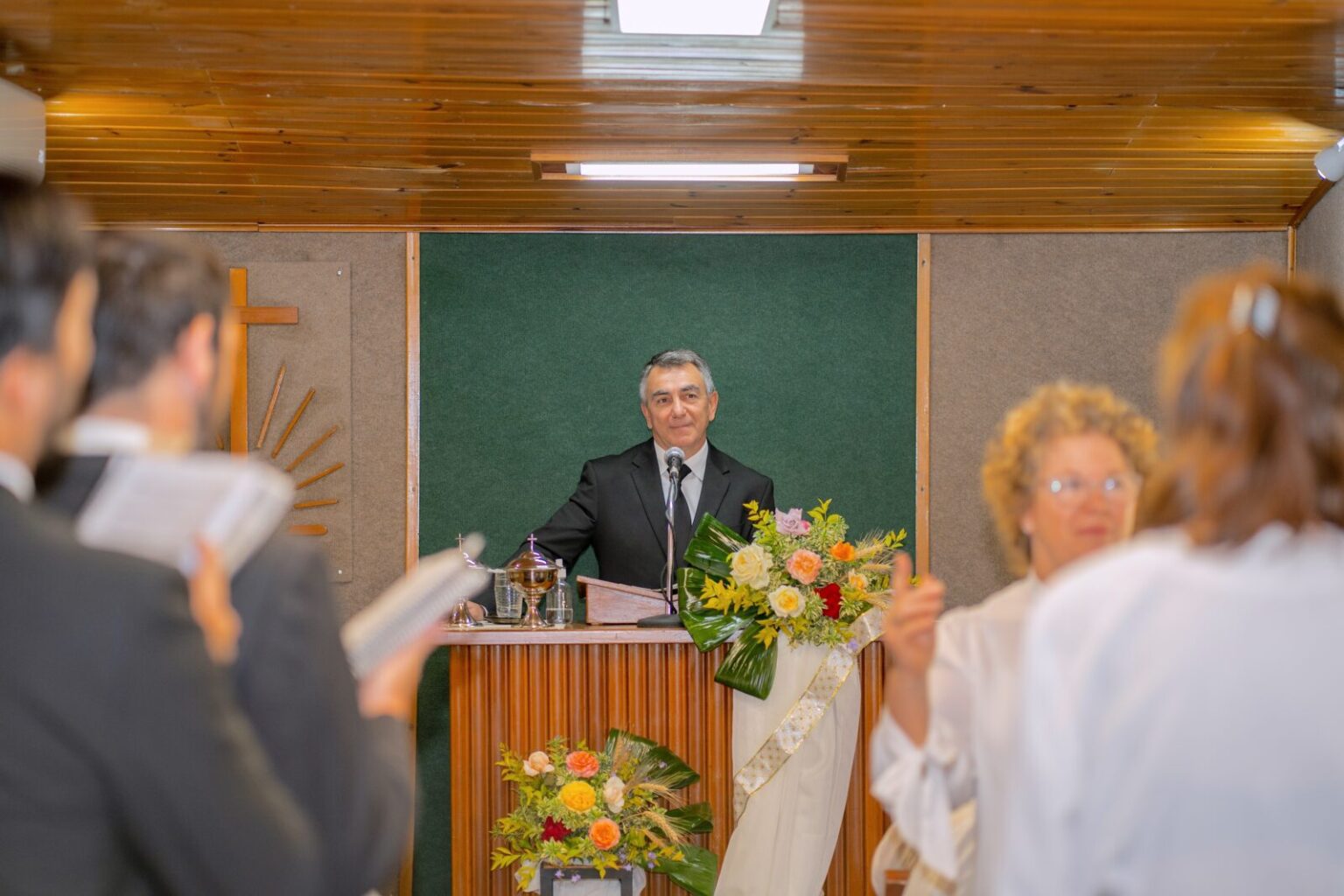
- 0.5
- 0.6
- 0.7
- 0.8
- 0.9
- 1
- 1.1
- 1.2
- 1.3
- 1.5
- 2
- English
- French
- German
- Spanish
En voyage avec Dieu
Écouter
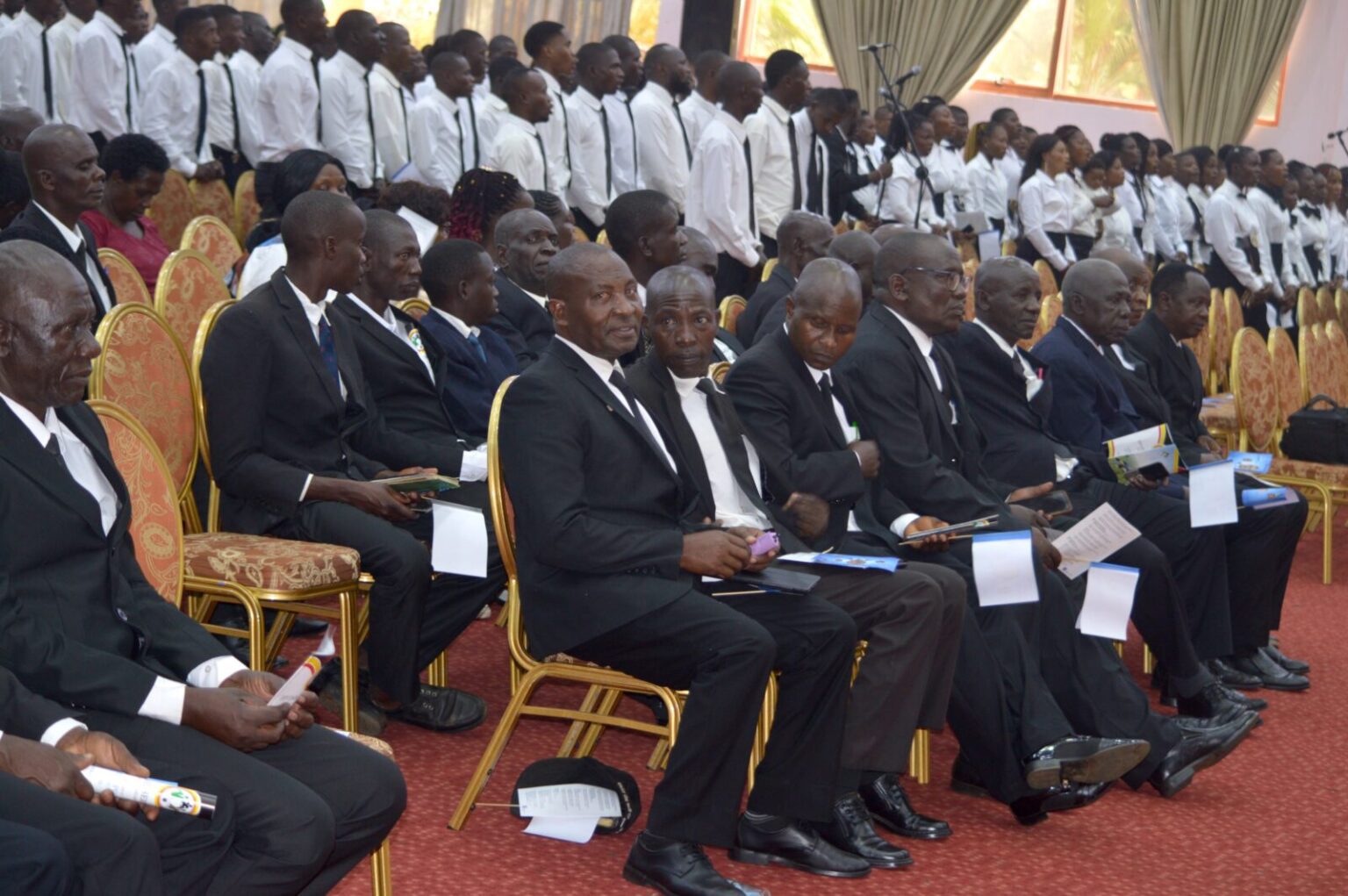
- 0.5
- 0.6
- 0.7
- 0.8
- 0.9
- 1
- 1.1
- 1.2
- 1.3
- 1.5
- 2
- English
- French
- German
- Spanish
Écouter, mais correctement – le mode d’emploi
Écouter
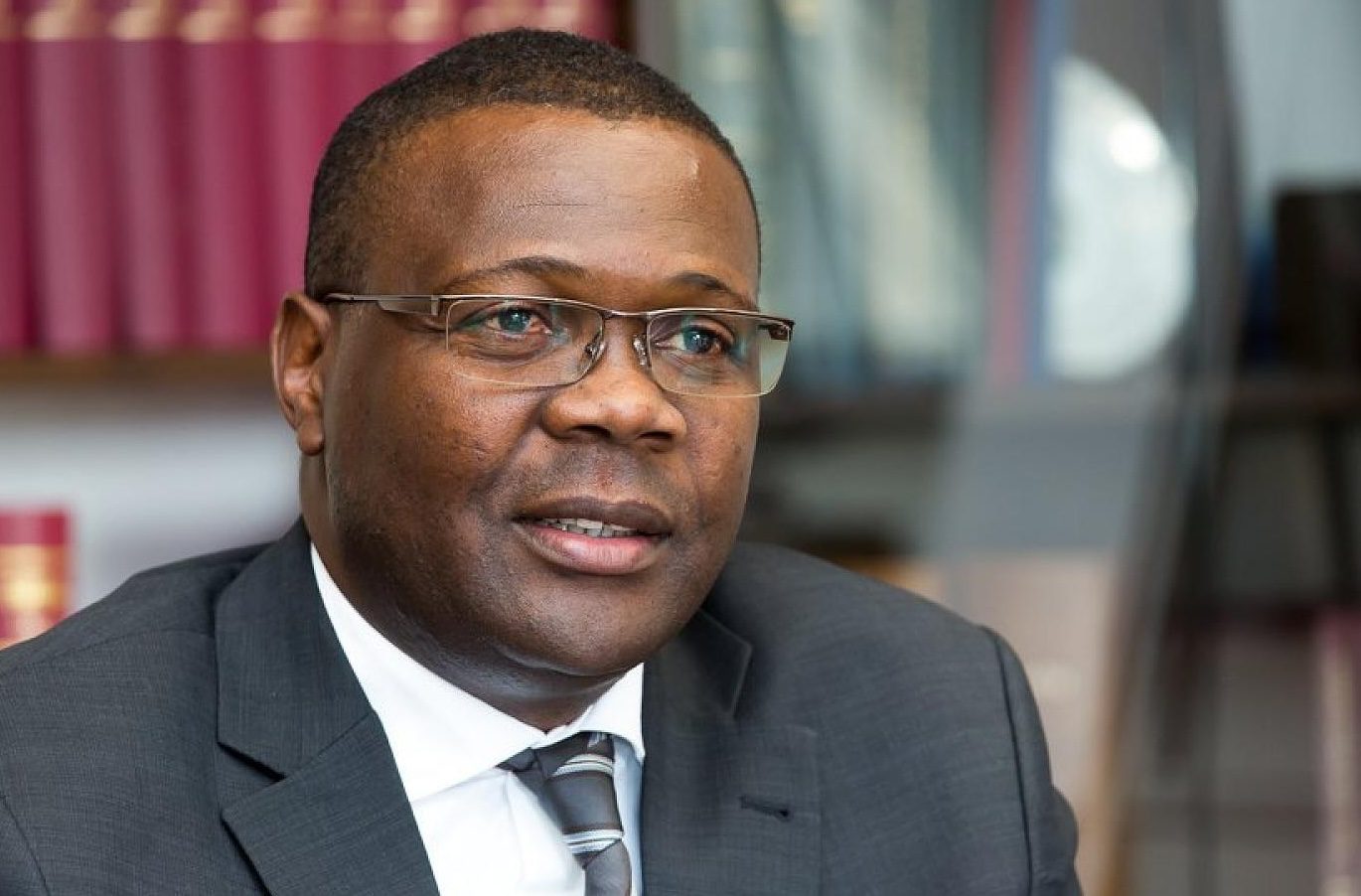
- 0.5
- 0.6
- 0.7
- 0.8
- 0.9
- 1
- 1.1
- 1.2
- 1.3
- 1.5
- 2
- English
- French
- German
- Spanish
Pleins feux sur… 04/2025 : Avec amour et patience
Écouter

- 0.5
- 0.6
- 0.7
- 0.8
- 0.9
- 1
- 1.1
- 1.2
- 1.3
- 1.5
- 2
- English
- French
- German
- Spanish
Du cœur qui aime à la main qui agit
Écouter
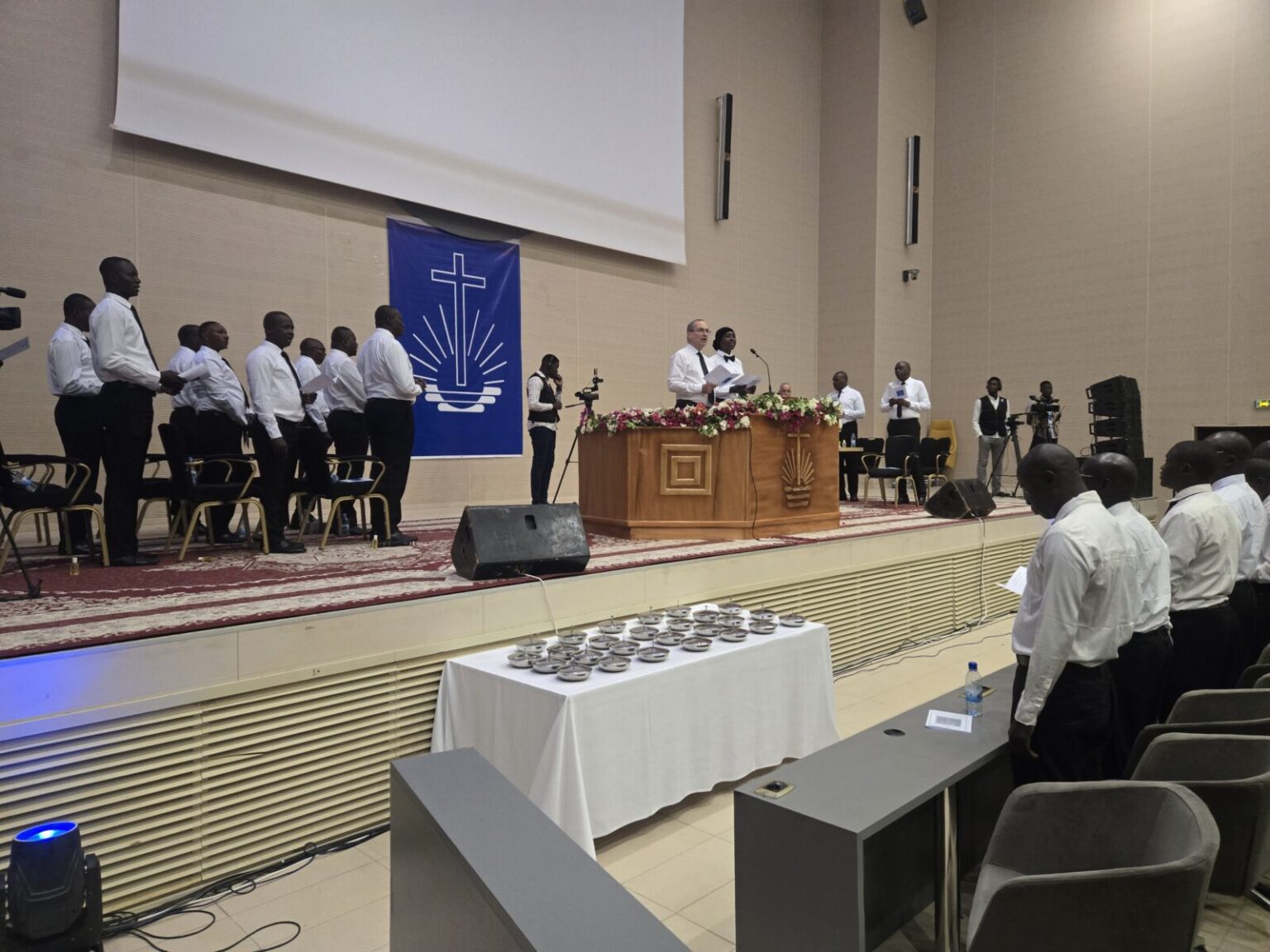
- 0.5
- 0.6
- 0.7
- 0.8
- 0.9
- 1
- 1.1
- 1.2
- 1.3
- 1.5
- 2
- English
- French
- German
- Spanish
Le plan de Dieu : bon pour toi ?
Écouter

- 0.5
- 0.6
- 0.7
- 0.8
- 0.9
- 1
- 1.1
- 1.2
- 1.3
- 1.5
- 2
- English
- French
- German
- Spanish
Le service divin – une partie de la vie
Écouter
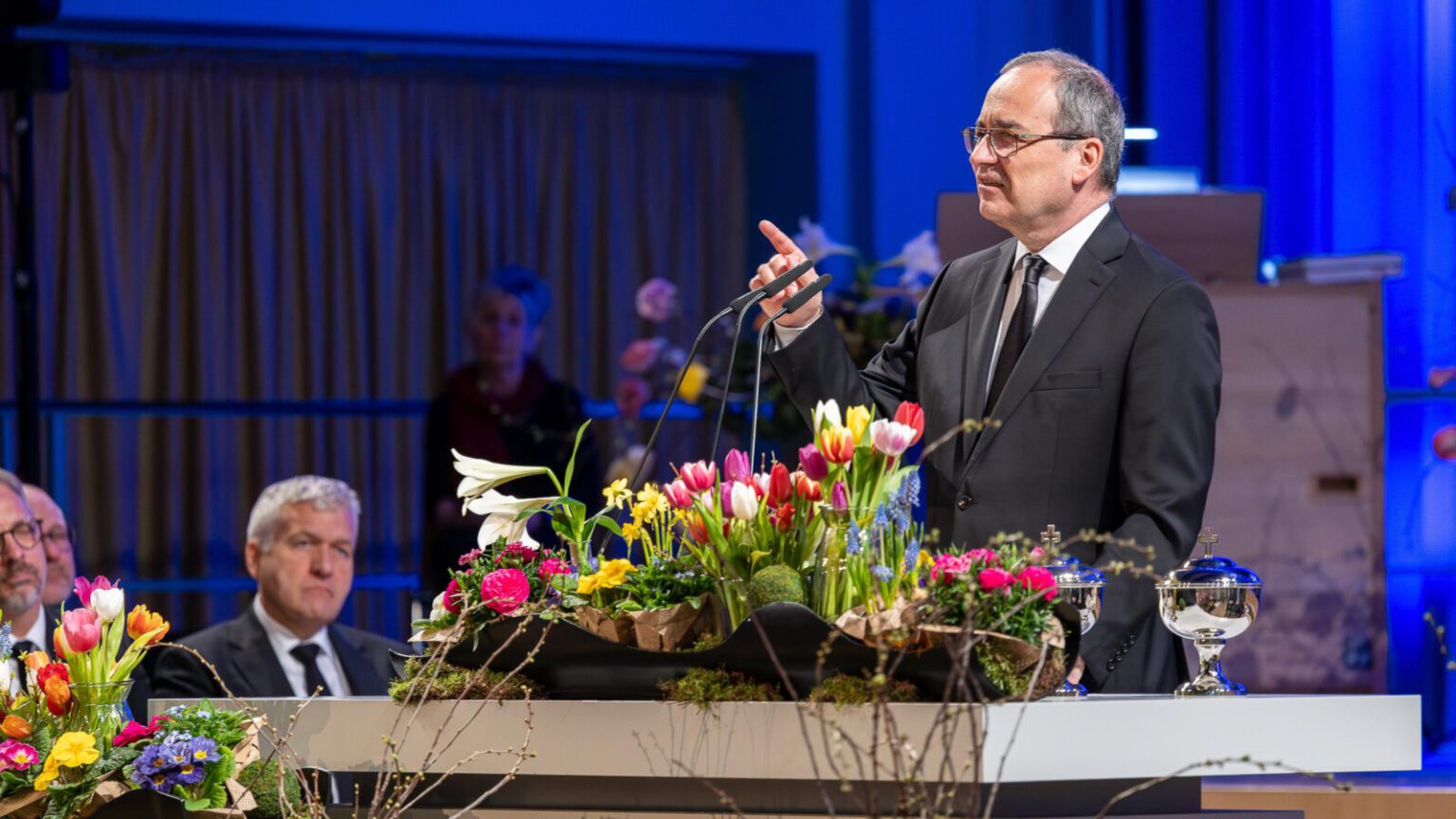
- 0.5
- 0.6
- 0.7
- 0.8
- 0.9
- 1
- 1.1
- 1.2
- 1.3
- 1.5
- 2
- English
- French
- German
- Spanish
La confession d’un monde meilleur
Écouter
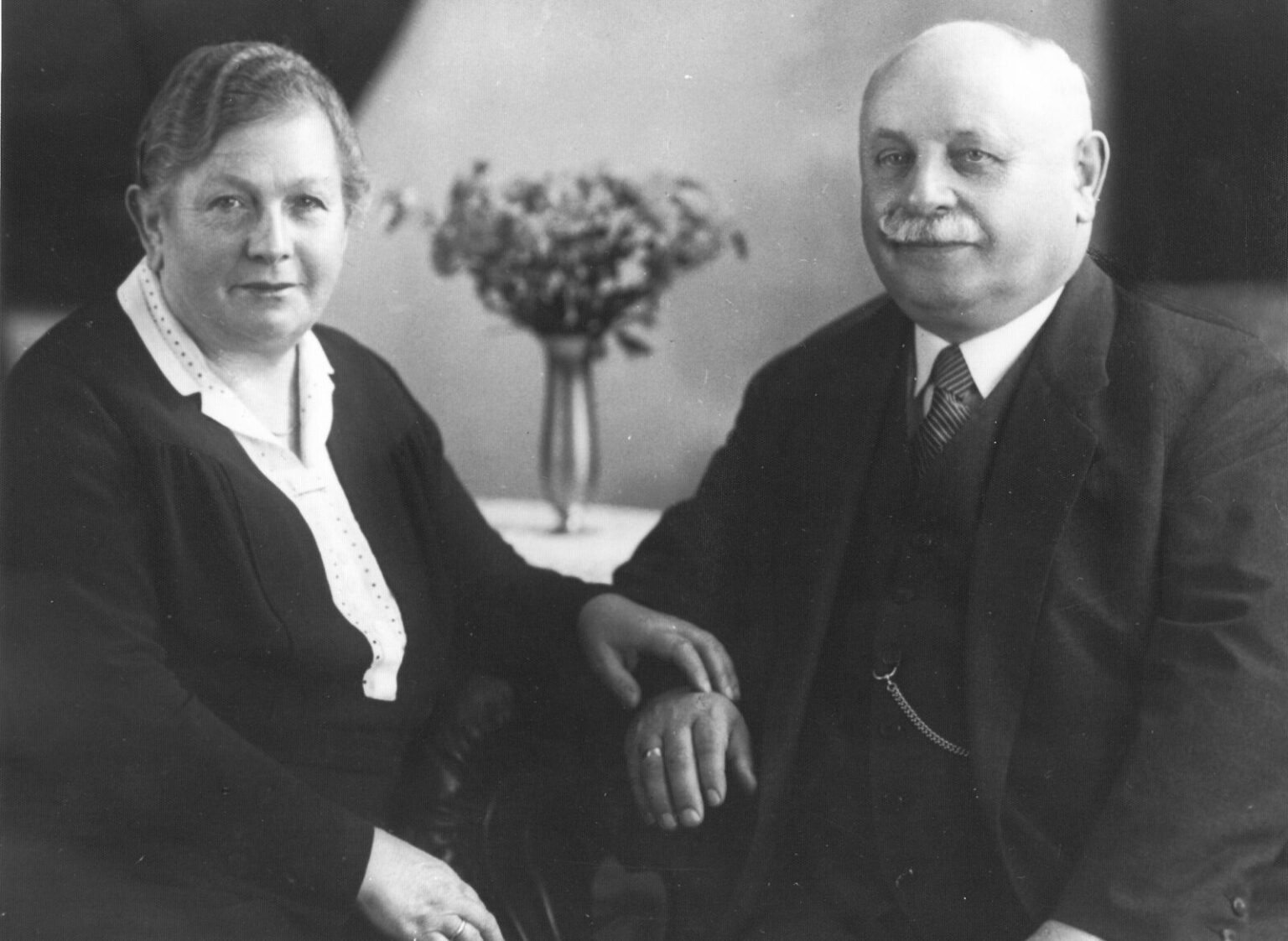
- 0.5
- 0.6
- 0.7
- 0.8
- 0.9
- 1
- 1.1
- 1.2
- 1.3
- 1.5
- 2
- English
- French
- German
- Spanish
Un troupeau grandissant, toujours choyé
Écouter
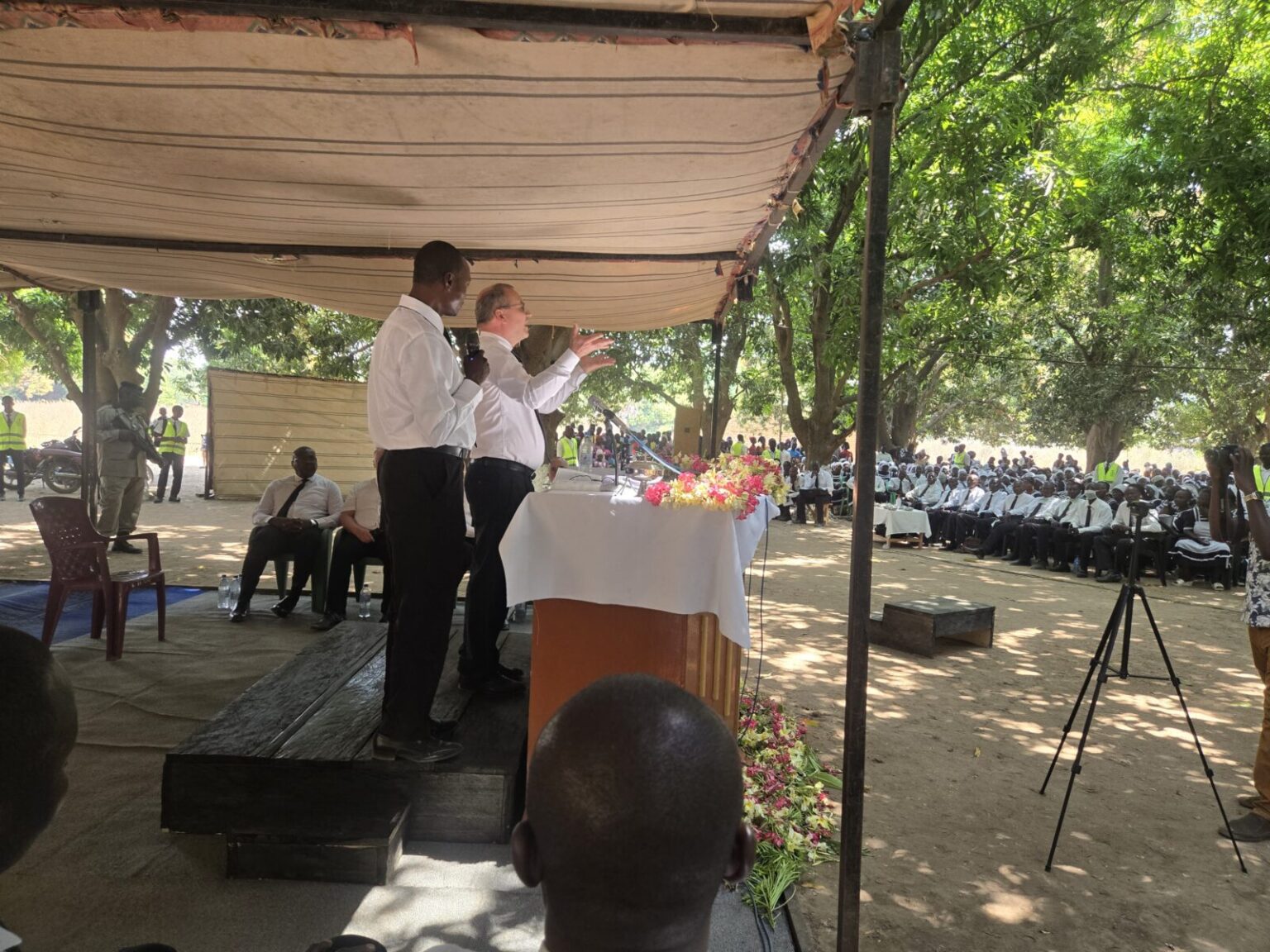
- 0.5
- 0.6
- 0.7
- 0.8
- 0.9
- 1
- 1.1
- 1.2
- 1.3
- 1.5
- 2
- English
- French
- German
- Spanish
La demeure de Dieu aujourd’hui
Écouter






